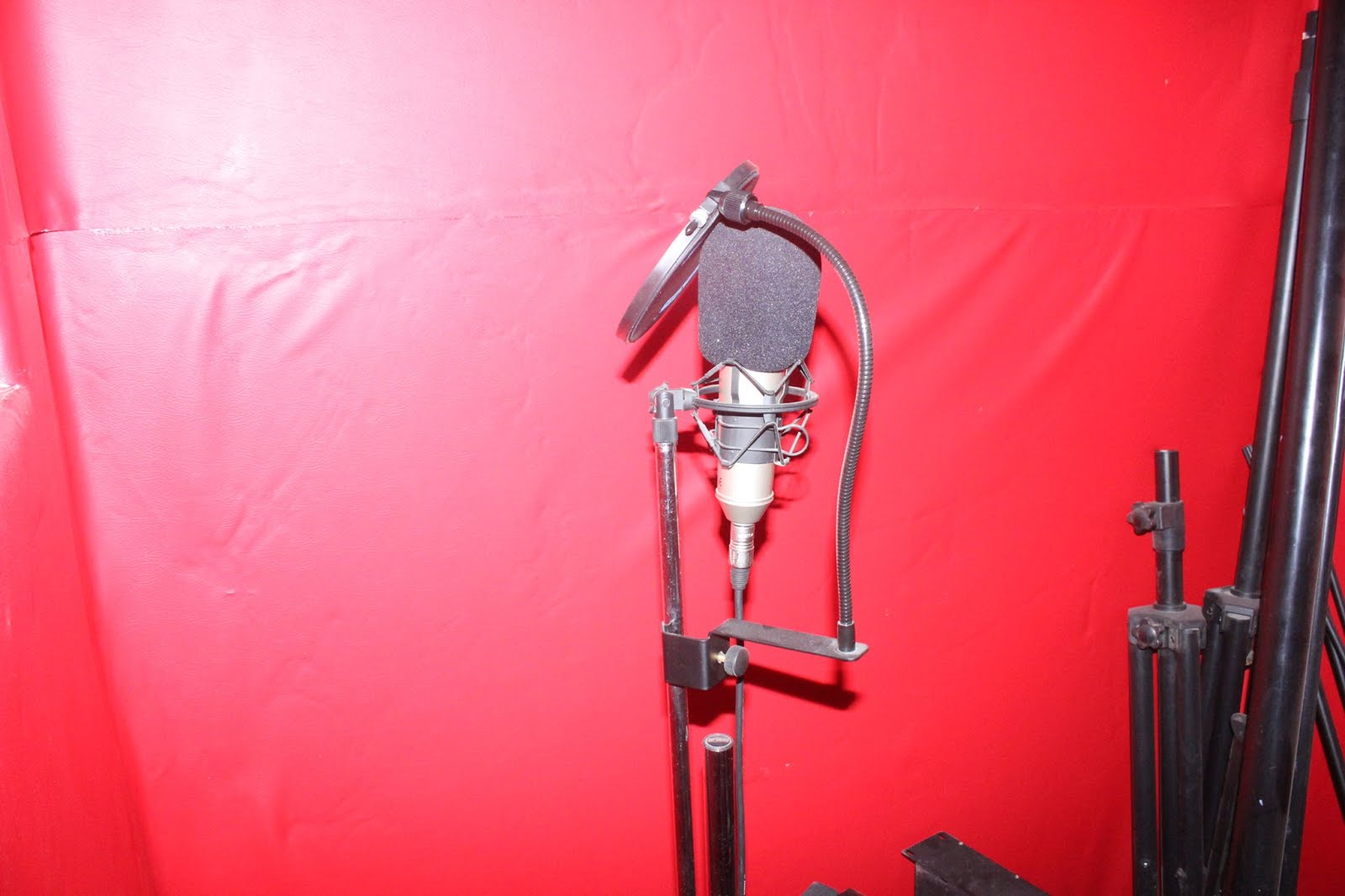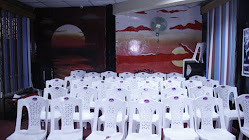From refugee camp wells to researching stem cells
The
Daily of the University of Washington
Friday January 31, 2020
Karina Patel
Courtesy of the Institute for Stem Cell and Regenerative Medicine
Friday January 31, 2020
Karina Patel
Courtesy of the Institute for Stem Cell and Regenerative Medicine
UW Ph.D. candidate Abdiasis Hussein
reflects on his journey to higher education
Growing up at a United Nations
refugee camp in Kenya, Abdiasis Hussein recalls waking up at 5 a.m. to wait in
line at a water station. Chatting with his friends animatedly as he waited,
Hussein collected about five to 10 gallons of water to last his family of 12
for the day.
While the food ration provided
enough for his family to get by, basic sustenance was still an issue.
“When you live in a camp, whatever
you get, it’s already fixed,” Hussein said. “You don’t get the luxury of having
everything you need. We had to do with what we had at the time.”
After escaping the civil war in
Somalia, Hussein’s family relocated to a refugee camp in Kenya when he was just
four months old. Ten years later, they moved off the camp to Nairobi.
When he was about 17-years-old,
Hussein and his family had the opportunity to move to California because his
older sister who moved to the United States was able to sponsor them.
“I knew that school and getting an
education and excelling was a ticket out of that life,” he said. “I knew that
that’s what I had to do: go to school, get skills, and then do something with
that with my life.”
While he was determined to better
his life through education, Hussein said that he did not want to limit himself
to conventional fields and professions. He wanted to follow his passions and
find something he actually found joy in doing.
“When I came here, I knew that I
didn’t have to settle just to get a job,” he said. “It’s a dead end.”
Hussein completed high school and
went on to earn an associate degree before he received a scholarship to study
biochemistry at the University of California, Los Angeles.
Through mentors and various research
opportunities, he discovered his passion for the ever-growing field of
scientific research.
“Doing research and finding new
things that people didn’t know at the time was my calling,” he said.
Today, Hussein is a fifth-year
biochemistry Ph.D. candidate at the UW. Working in the Ruohola-Baker lab, he
primarily studies embryonic diapause in mice.
Diapause is a quiescent state in
early development where embryos, rather than implanting in the uterus, slow the
process of development and do not rapidly divide.
In mice, lactational stress induces
diapause so one mother does not have two litters at once.
During diapause the cells are still
stem cells, or cells that later develop into all of the cells and tissues in
the body.
“The interesting thing about this
state is [that] it’s reversible,” Hussein said. “What that means is that [an
embryo] will go into this state and it will get out and continue in
development.”
A lot of things are still unknown
about embryonic diapause, but Hussein and his colleagues study gene expression
and metabolomics to gain a deeper understanding of the mechanisms that regulate
this state and allow the stem cells to survive.
One of the interesting things they
found was that certain chemical inhibitors ended the state of diapause.
Hussein sees the potential for
applications of these findings when studying cancer stem cells.
“The implication of that is that if
you can understand how these cells go into this quiescent state and how they
get out, you can take that information and apply it into cancer stem cells,” he
said.
He explained that chemotherapy
targets dividing cells, but if certain cells are in a quiescent state, the
chemotherapy is unable to kill them. This can lead to relapse once chemotherapy
ends because cancerous cells are able to divide and cause harm to a cancer
patient’s body.
Throughout his experience in the
science field, Hussein recalls programs such as those by the National
Institutes of Health which focused on steering students who come from minority
backgrounds into STEM.
Inspired by programs such as those,
Hussein said he sometimes speaks to the Somali Student Association at the UW to
encourage them to be open-minded and think about joining the STEM field.
“A lot of people don’t know what’s
in there for them, so that’s where I come in and I tell them all these routes
that they can take,” Hussein said.
He also volunteers for the Seattle
Somali Health Board where he finds opportunities to inform people about what he
does as a researcher.
“My thinking was, if we have more
people, more diversity, then that changes things for students,” Hussein said.
“Students can see that and then they say, ‘There’s someone who I can relate to.
If they’re doing this, I can do it too.’”
Hussein has his own family now: a
daughter who is almost 3-years-old and a 4-month-old son.
While his children are still young,
Hussein is excited for the opportunities and resources they will have as they
grow up and choose their own lines of work.
“The future is becoming brighter,”
he said. “They will grow up in an environment where hopefully they can go for
whatever they want to do and get help. It kind of helps when you have a parent
who can steer you in the right direction.”
Subscribe to:
Post Comments
(
Atom
)


















No comments :
Post a Comment